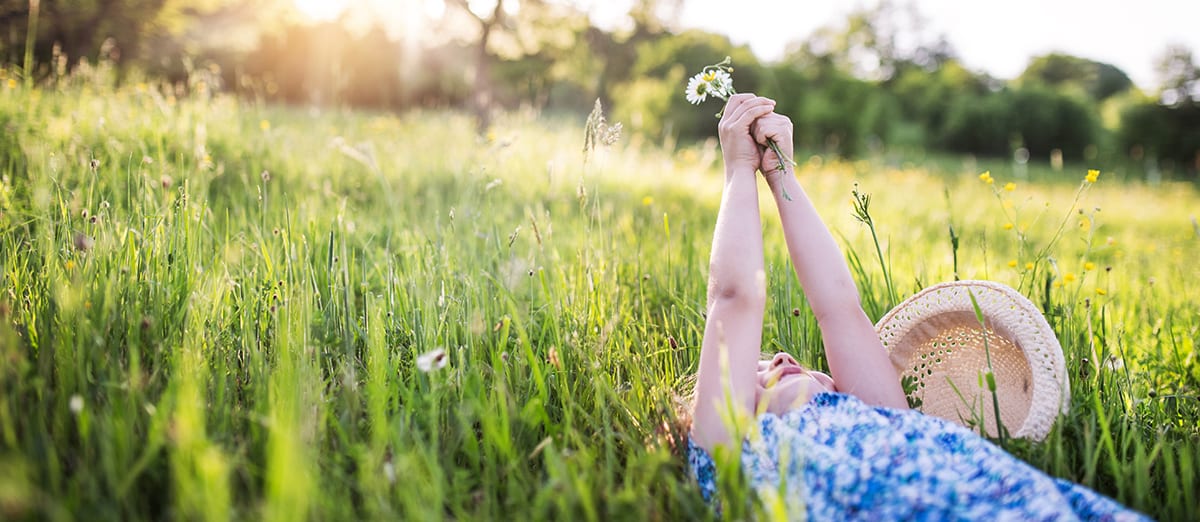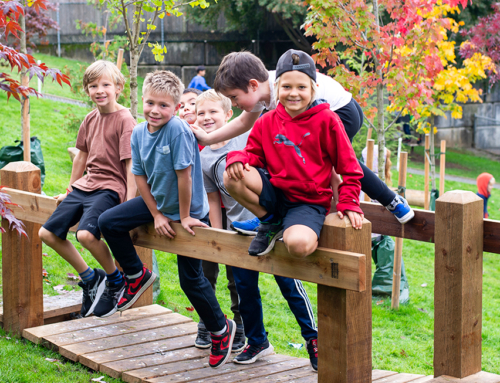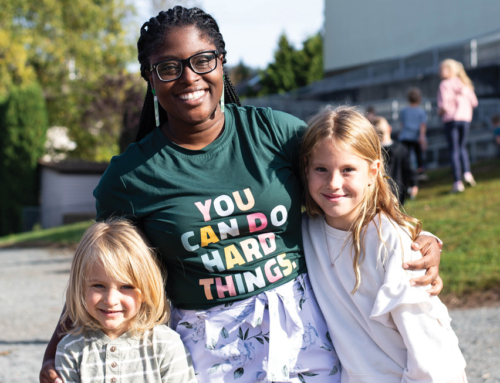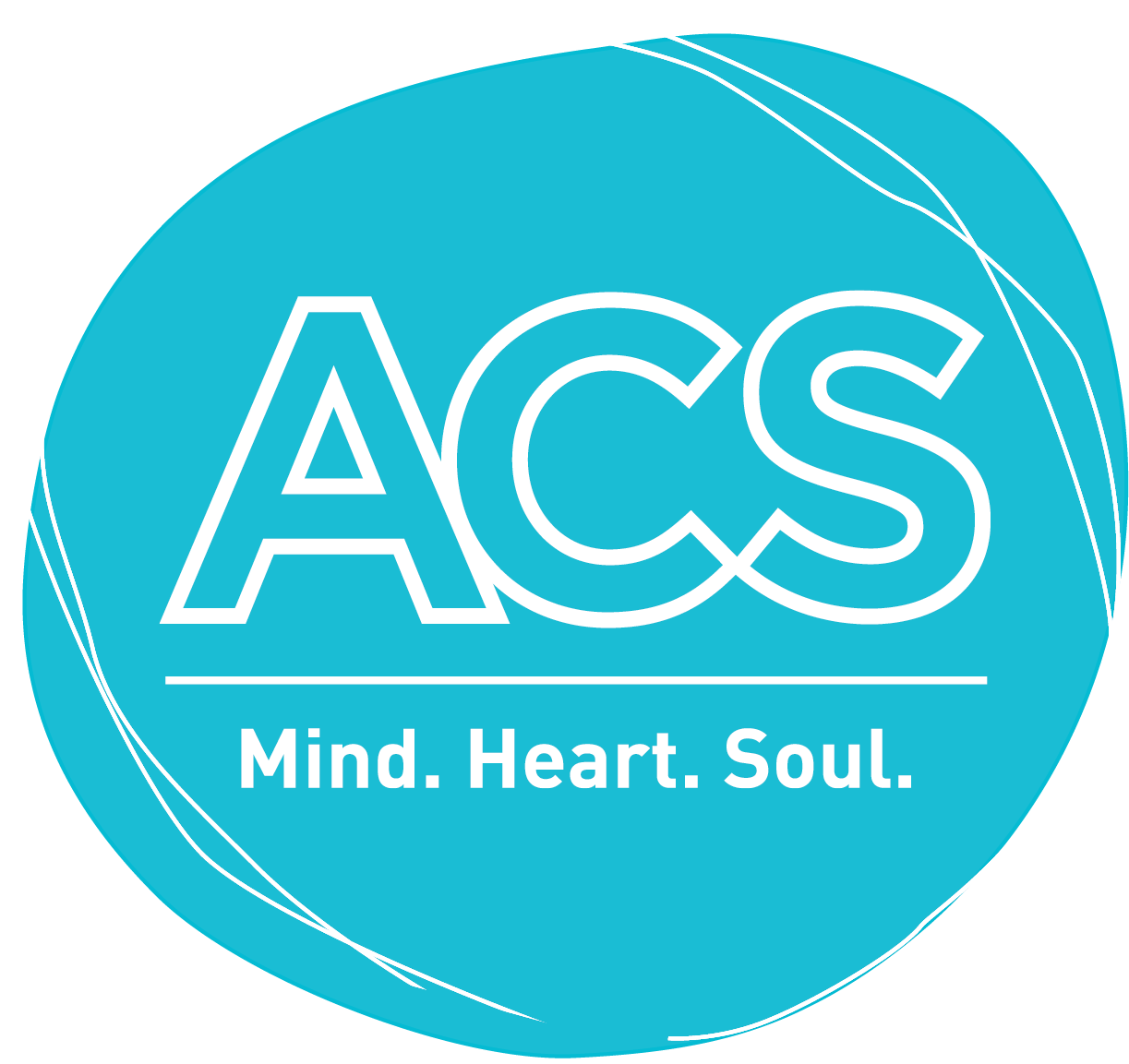BY SARAH BESSEY, ACS PARENT
When our children were younger, I used to marvel at their ability to find great value and significance in sunrise and sunset, growing vegetables, bugs and trees, music, friendship, rocky-bottomed lakes, changing seasons and small rituals. They say the world through a lens of wonder and contentment that made me yearn for such eyes to see this world. One of the kids used to holler, “Thanks, God!” anytime they saw something that delighted them. I laughed every time. “Thanks, God!” at the sight of a heron, at the stars, at a toasted marshmallow on a stick.
Striving and Needing More
It reminded me of a passage Paul wrote to the church in Philippi: “Actually, I don’t have a sense of needing anything personally. I’ve learned by now to be quite content whatever my circumstances. I’m just as happy with little as with much, with much as with little. I’ve found the recipe for being happy whether full or hungry, hands full or hands empty. Whatever I have, wherever I am, I can make it through anything in the One who makes me who I am.” Philippians 4:12 (MSG)
Those words have always stuck with me since they were small—mainly because I knew I wasn’t there yet. I always felt like I was striving for something more, needing more. In our western world, in our culture, even sometimes in our churches, we live lives consumed with acquiring stuff or experiences or accolades or influence to make us feel valuable or successful or powerful or loved. For me, it’s never really been about money or “stuff” but I wanted to travel and I wanted to accomplish “big things” for God to have my life matter. The idea of contentment seemed counter to these yearnings and yet there we were.
The Best, Not the Worst
There is nothing like raising or spending time with children to make you rethink “doing big things” for God.
So I used to read about Paul and his contentment, no matter his circumstances and think it was unattainable, something for the truly sainted. It only took me an embarrassing amount of years chasing it to finally lift up my eyes and read the words that immediately preceded that very verse: “Summing it all up, friends, I’d say you’ll do best by filling your minds and meditating on things true, noble, reputable, authentic, compelling, gracious—the best, not the worst; the beautiful, not the ugly; things to praise, not things to curse.”
Now that makes sense to me. How can you have contentment without gratitude? And gratitude comes from filling your heart, your mind, your life with the best, not the worst; the beautiful, not the ugly; things to praise, not things to curse. Perhaps my kids were so filled with wonder because they were oriented to gratitude first.
The true, noble, reputable, authentic, compelling, and gracious aren’t usually found at the mall or Amazon, they are unable to be bought or sold. And the discipline of gratitude can lead us back to contentment and wonder—with choices, work, calling, experiences, home, family, our own journeys—because there is such abundant life already here waiting for us.
From Odd to Ordinary
So when I set aside the Big Evangelical Hero complex, when I began to practice what Paul said about gratitude, something odd happened: I began to feel wonder again. In the oddest places, in the simplest things, in the most ordinary and mundane moments. In the heft of a baby on my back, in the letting go of a small hand running into a classroom, in laughter over shared jokes, in made-up nonsense, in the kindness of people who love the Gospel towards “the least of these,” in singing at church, in the night sky, in the black lace of the pines etched against a fading day, going for a walk, a good book, laughing at my husband piling leaves for the tinies to leap into. The science projects and snow days and sailing trips and millions and millions of other moments.
All of them make me want to mimic a long-ago toddler, “Thanks, God!”






WHAT DO YOU THINK?
Sarah, thank you for this. it is so important for gratitude to come first. It is my experience that accumulation of ‘stuff’, whether material or experiential, does not often result in gratitude. I, too, have struggled to align with Paul’s ability to be content in all circumstances. Thanks for helping me see the context.
So well said, Sarah. V